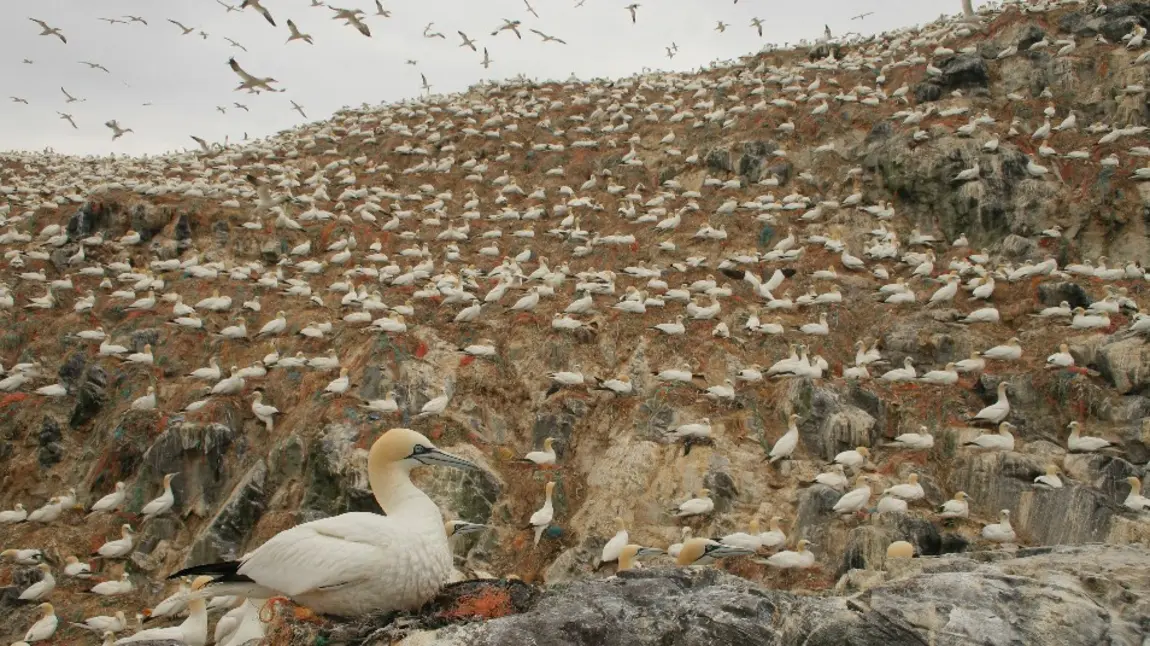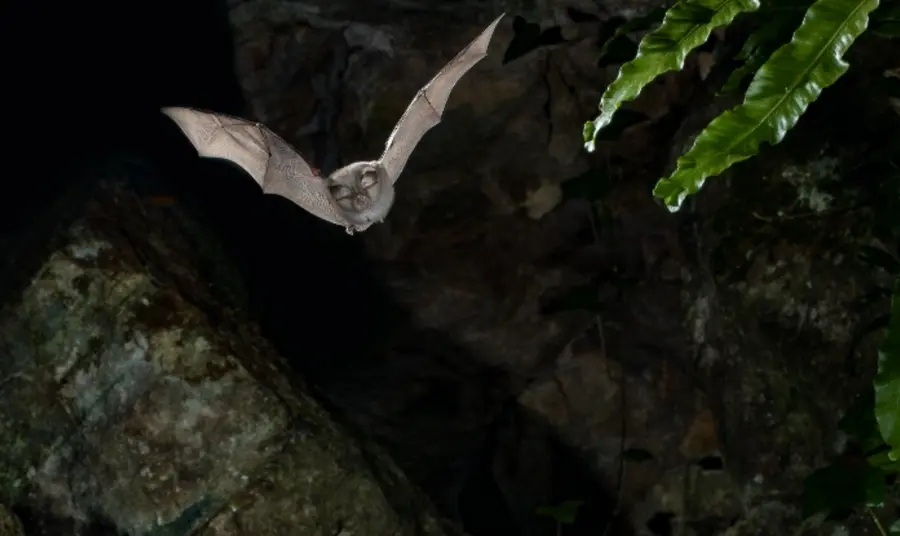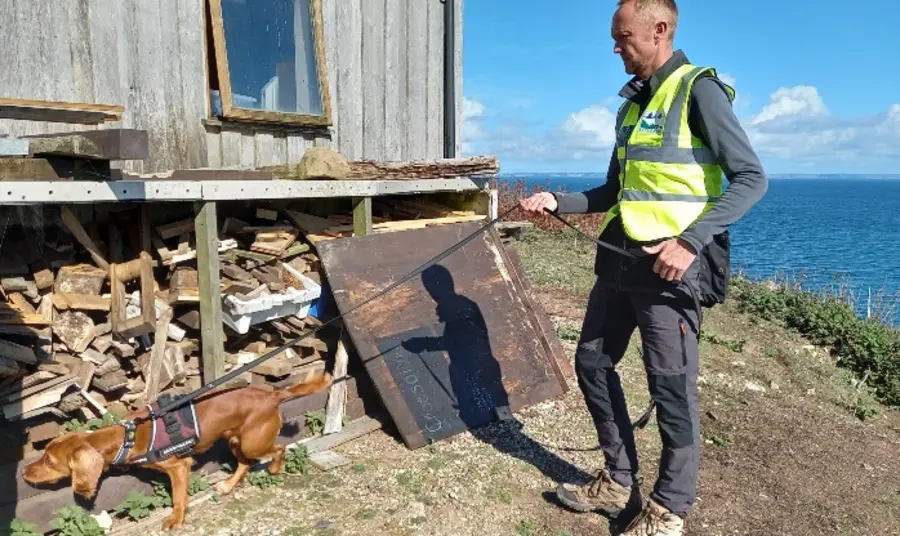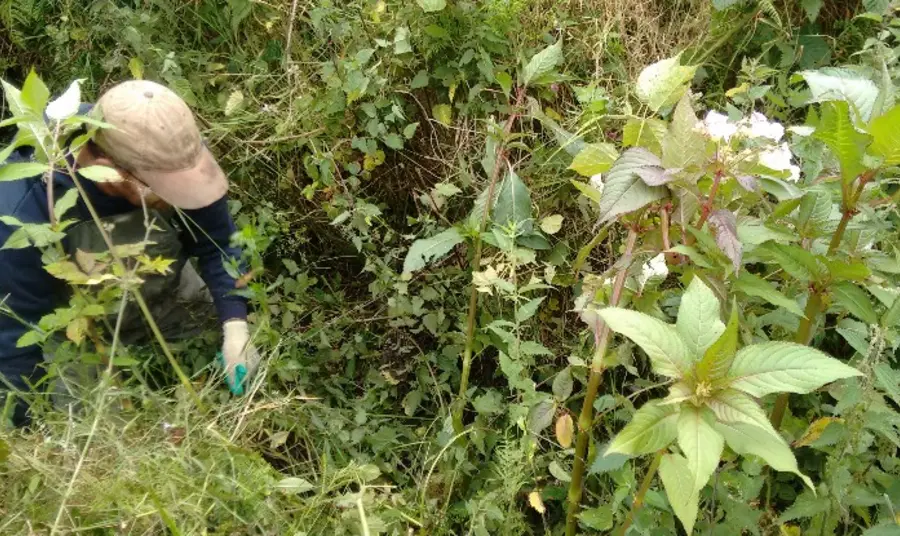£3.78million for protected sites and species across Wales

Seventeen projects are receiving funding to help Wales’ network of protected land and marine sites to thrive, and encourage local communities to get involved in nature conservation.
We’re delivering the Nature Networks Fund (round two) on behalf of the Welsh Government and in partnership with Natural Resources Wales. The programme is supporting a range of projects that will aid nature’s recovery.
Bat conservation
The Bat Conservation Trust’s ‘Gobaith Coetir’ project in Gwynedd is receiving £227,603.
The grant will fund surveys monitoring bats at the Meirionnydd Oakwoods and Bat Sites Special Area of Conservation (SAC). The area in the Vale of Ffestiniog is a woodland Site of Special Scientific Interest (SSSI).
Restoring oysters
The Zoological Society of London and Bangor University have been awarded £249,919 to run the ‘Restoring Wild Oysters to Conwy Bay’ project on the North Wales coast.
The two-year project is aiming to restore European native oyster habitat and a community of associated organisms.
Bumblebee habitats
The Bumblebee Conservation Trust’s ‘Connecting the Carmarthenshire Coast’ project is receiving £222,272.
The project will carry out surveys to provide an accurate picture of populations and habitat for bumblebee species in Carmarthenshire.
Funding natural heritage projects which help tackle the effects of the climate crisis and support nature’s recovery is a key priority for The National Lottery Heritage Fund in Wales.
Andrew White, Director of The National Lottery Heritage Fund in Wales.
Andrew White, Director of The National Lottery Heritage Fund in Wales said: “Funding natural heritage projects which help tackle the effects of the climate crisis and support nature’s recovery is a key priority for The National Lottery Heritage Fund in Wales.
“From seabird biosecurity, eradicating Himalayan balsam and Japanese knotweed, to the reintroduction of wild oysters, these grants will help prevent further species and habitat declines, enhance capacity to adapt to the climate crisis and bring direct health benefits to the people and communities involved.”
Improving the quality and resilience of protected sites
Climate Change Minister Julie James said: “This funding will help to facilitate the Team Wales approach required to improve the condition and resilience of our protected sites network, as well as creating networks of people actively engaged with nature.
“I am pleased to see the wide range of terrestrial, freshwater and marine projects that will make an important contribution to the delivery of our Nature Networks Programme promoting action to help us achieve our 30 by 30 target [protecting 30% of land and sea by 2030] and becoming nature positive. I look forward to monitoring progress of these projects and the announcement of further funding for a range of large-scale projects in due course under the Nature Networks Fund.”
Discover more
See the full list of projects that have been awarded funding.
We want all the projects we fund to reduce the effects of the climate emergency. Explore how to consider environmental sustainability in your project.





